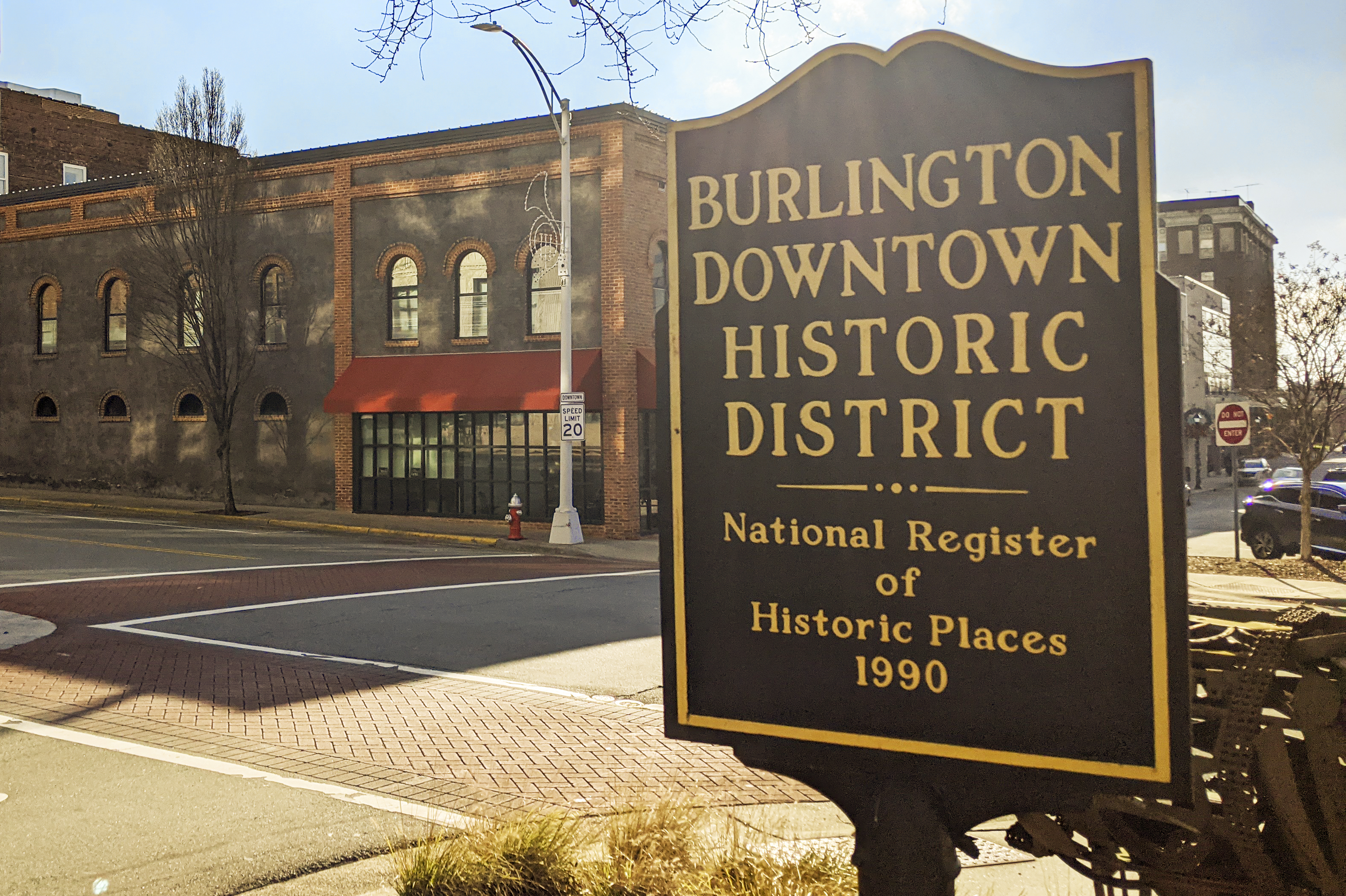Students in PWR 323: Writing Civic Action dug into small businesses' roles in sustaining a community during COVID-19
A course project in professional writing and rhetoric shone a light on downtown Burlington’s small businesses to reveal the role they play in sustaining community during crisis.
In PWR 323: Writing Civic Action, students profiled restaurants Occasions and Danny’s Café, The Right Direction barbershop, A New Look Salon, and three businesses owned by Casey and Emily Lewis. Though COVID-19 altered their day-to-day operations, business owners remained or became more committed to serving the community. They offered support or augmented services during the pandemic, expanded their business models, and continued to participate in ongoing philanthropy.
That sense of purposeful service impressed students, who told their stories through multiple media.
“I learned a lot more about the importance of small, local businesses as members of the community fabric,” said Gillian Kick ’22, who profiled Chris Madera and The Right Direction. “We all like to talk about it being cute and trendy to #shopsmall, but completing this project, hanging out in downtown Burlington and talking to local business owners reiterated how important it is to be invested in our local economy.”
Classmates Chloe Gillespie ’21 and Morgan Bassett ’23 recently published their story about the Lewises — the artists and entrepreneurs behind Beechwood Metalworks, the Owl and Rabbit Gallery, and the upcoming Carolina Sundries general store, grocer and restaurant — in the Burlington Times-News.
Assistant Professor of English Heather Lindenman wanted to expose students in the course to broad outlooks on writing to effect change. Writing for civic action doesn’t necessarily mean activism or campaigning. It can employ narratives and counternarratives to lead to social change. Students studied those various methods throughout the course and put them into practice for the final projects.
Lindenman and students expected to find these small businesses and restaurants struggling to survive the pandemic and in need of more community support. The unexpected counternarrative they discovered was that businesses had doubled down on service despite challenges.
Medina lowered prices and waived appointment fees for the barbershop’s clients, understanding financial hardship would keep many from seeking haircuts after the shop was able to reopen this spring.
Elois Lettley, owner of Occasions, had to close the Southern food restaurant during the COVID-19 shutdown. She reopened to smaller crowds than the 500 usually hosted on Sundays, but with added protective measures and dining options to keep customers and the community safe. She is proud she could continue to provide a place for the community to gather and share a meal.
Tracey Milton at A New Look holds voter registration drives and regularly raises thousands of dollars for Alamance Regional Center’s Pink Ribbon Foundation, which provides care and support for breast cancer patients.
“Through this project, students learned about more than rhetorical strategies for social action,” Lindenman said. “They got an inside look into the value of community spaces that thrive when small business owners integrate their business with social justice work. …We discovered the real capacity of these individuals for making adjustments and building community in a time where it would seem next-to-impossible to do so.”



